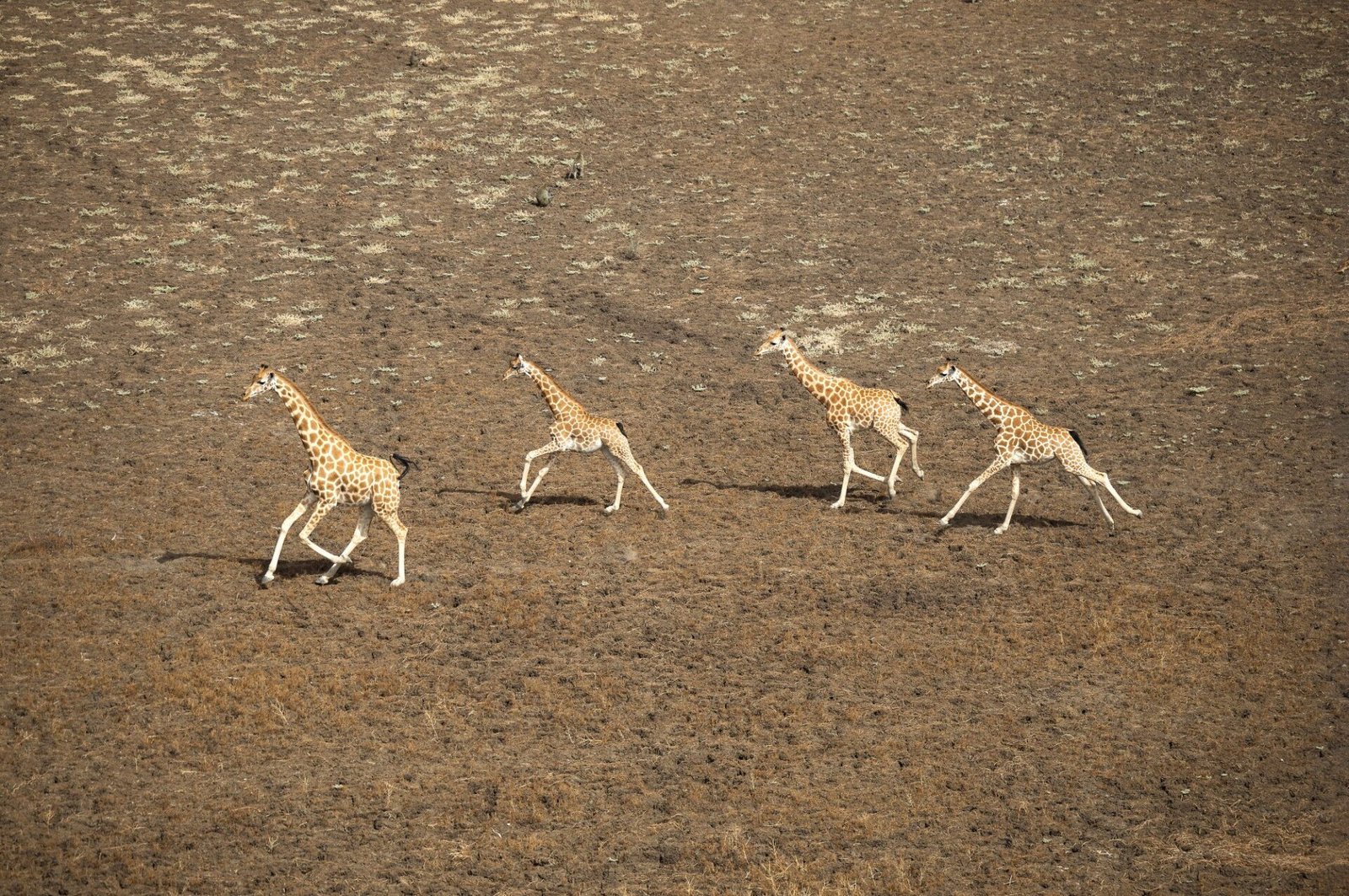In the southeastern corner of Chad lies Zakouma National Park, a stunning testament to the resilience of nature and the effectiveness of conservation efforts. Spanning a significant portion of the Sahel region, Zakouma has transformed from a poaching-ravaged land to a sanctuary for Central and West African wildlife, thanks to the management by African Parks, a non-profit organization. This remarkable turnaround story began in 2010 when the Chadian government sought the organization’s help to salvage the dwindling wildlife populations, particularly elephants and Kordofan giraffes.
African Parks implemented a robust anti-poaching strategy and enhanced law enforcement measures, leading to a dramatic reduction in poaching incidents. The park, once a hotspot for illegal activities, is now a thriving ecosystem, hosting a variety of species including lions, leopards, black rhinos, Central African savannah buffalo, and nearly 400 bird species. The park’s Kordofan giraffes, a subspecies of the northern giraffe, are especially significant as Zakouma harbors one of the largest populations of these endangered animals.
The park’s elephants, once heavily targeted by poachers, have also shown remarkable recovery. The current elephant population, with over 550 individuals and growing calf numbers, is one of the largest in Central Africa. These elephants, many bearing the scars of their traumatic past, have gradually rebuilt trust with humans, a testament to their resilience and capacity for forgiveness.
Zakouma’s success extends beyond wildlife protection. The park has become a significant employer in the region, supporting local communities through various sustainable initiatives. African Parks’ approach to community engagement, including education, enterprise development, and hiring local rangers, has fostered a sense of ownership and pride among the local population. The organization has also established schools, providing stable education to thousands of children.
Tourism plays a crucial role in the park’s management strategy. Zakouma offers a unique safari experience with various accommodation options, ranging from traditional lodges to high-end mobile camps. The park’s diverse landscapes, from savannahs to floodplains, offer visitors a chance to witness the grandeur of African wildlife in a less crowded and more intimate setting.
The recent translocation of black rhinos from South Africa, part of African Parks’ efforts to reintroduce species that were once native to Zakouma, highlights the ongoing commitment to the park’s ecological restoration. This initiative, though risky, is crucial for the park’s biodiversity and symbolizes the hope for a balanced and thriving ecosystem.
Zakouma National Park stands as a beacon of hope in conservation, proving that with dedicated efforts, even the most devastated landscapes can be revived. Its transformation from a poaching haven to a wildlife sanctuary not only benefits the animals but also the local communities, setting a precedent for conservation efforts across Africa. As African Parks continues to manage and protect this precious resource, Zakouma’s story of resilience and revival serves as an inspiration for global conservation endeavors.
READ MORE:
